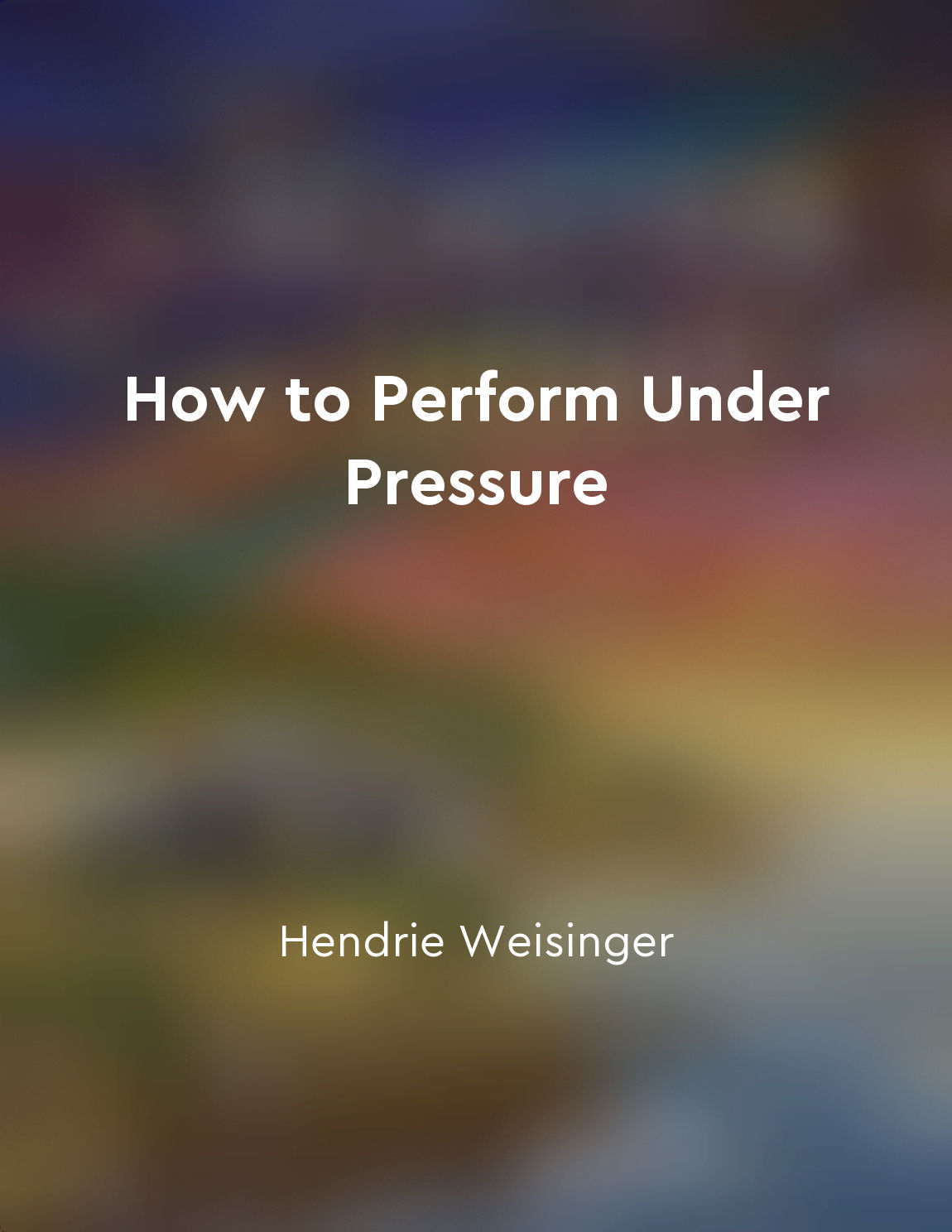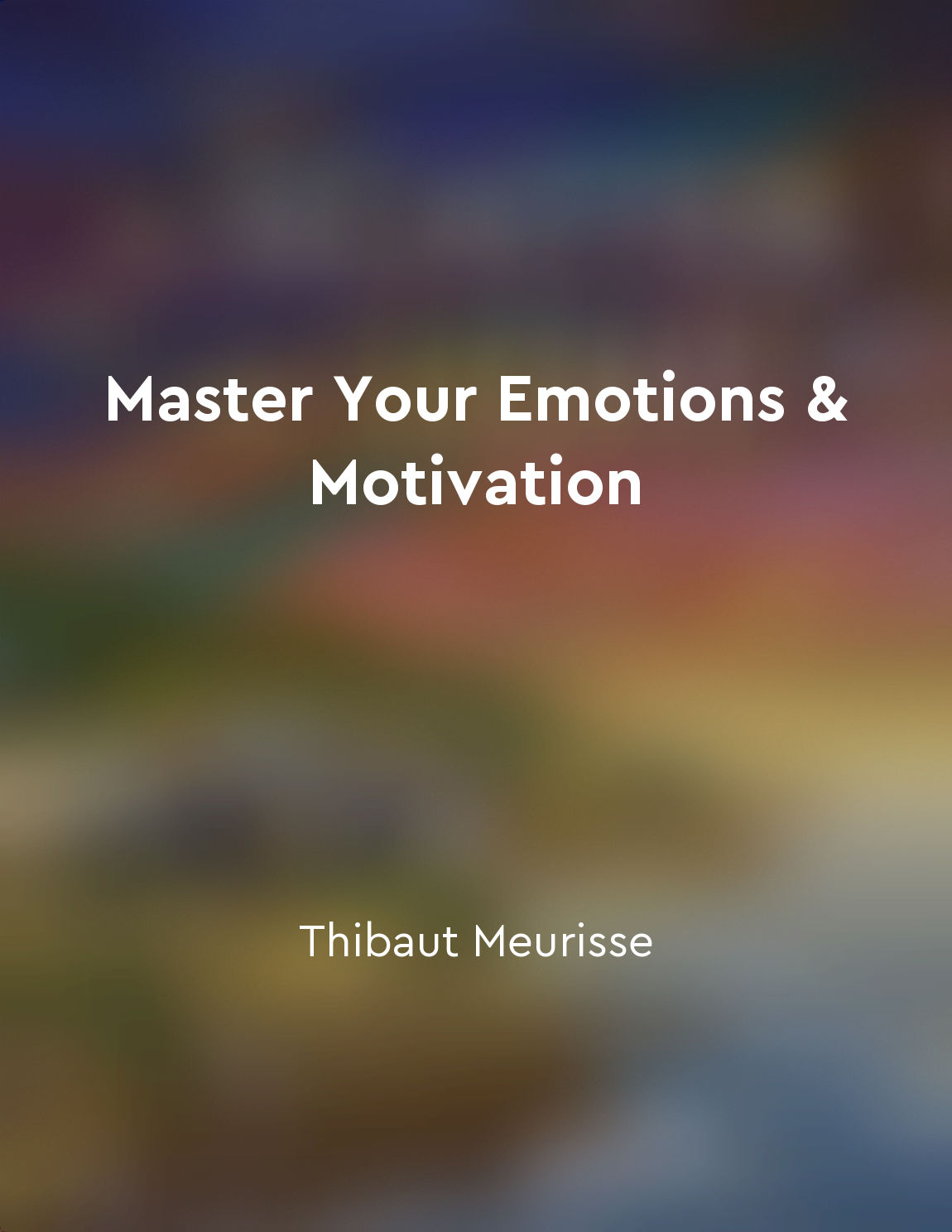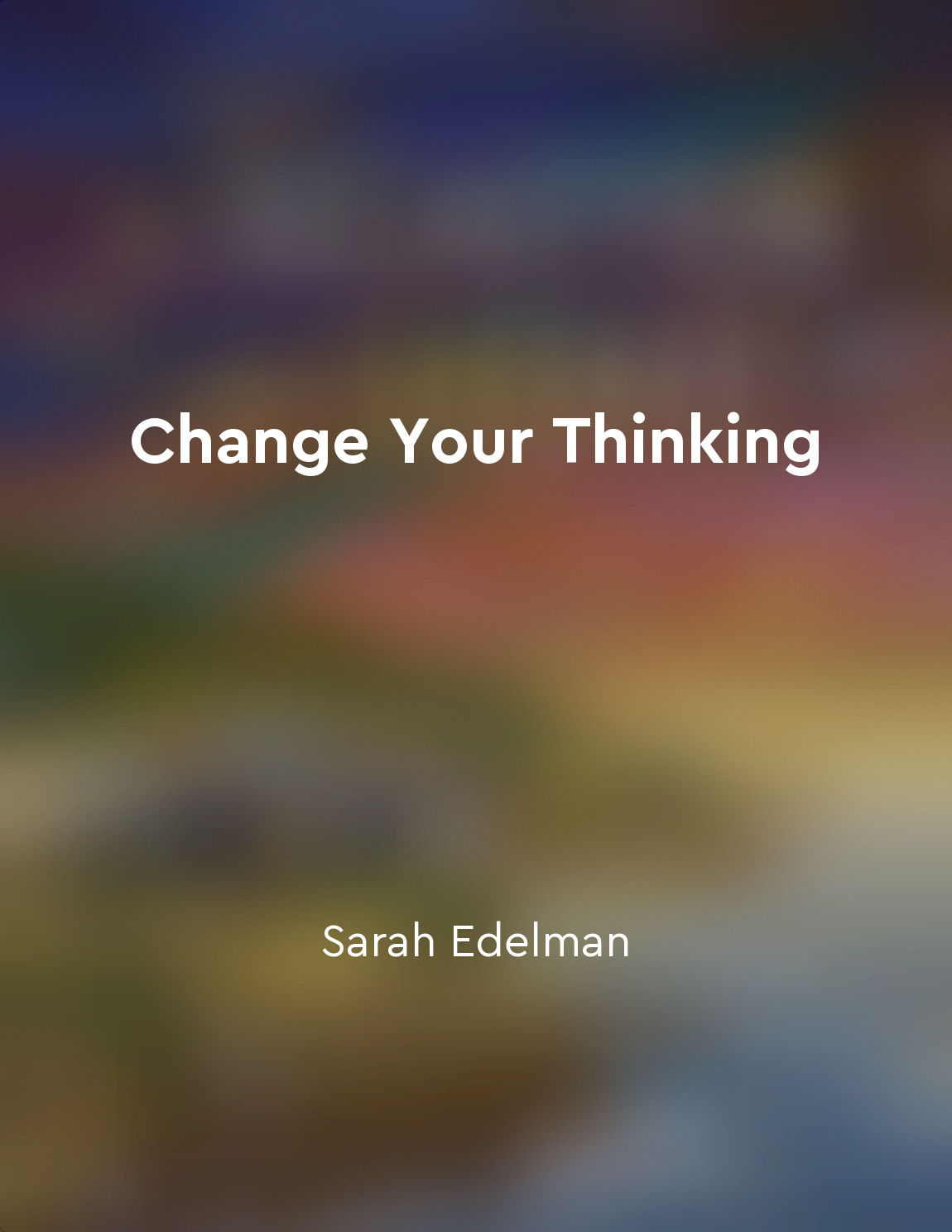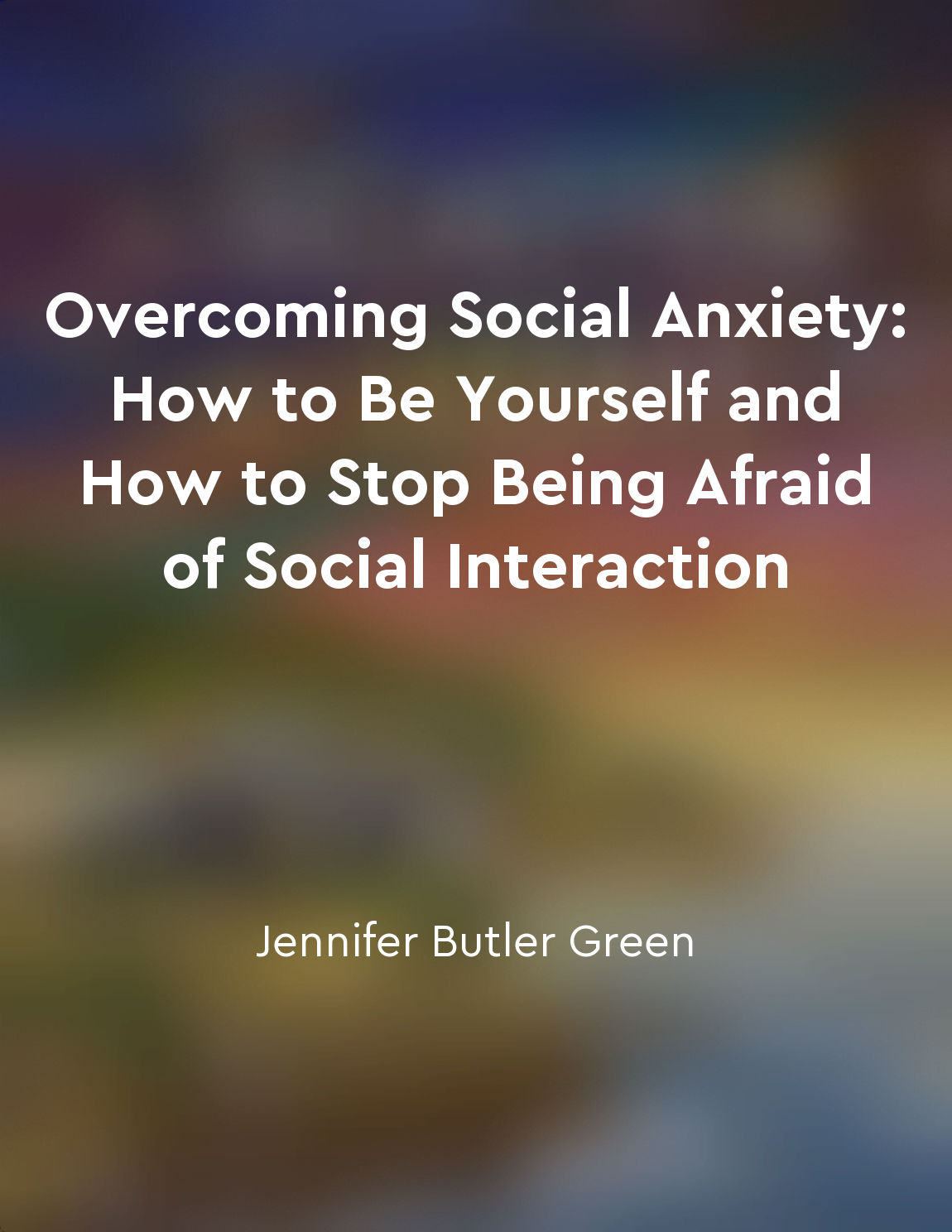Breathing patterns are closely tied to emotional responses from "summary" of Breath by James Nestor
The way we breathe is intimately connected to the way we feel. This is not a new concept; in fact, it has been recognized for centuries by various cultures and traditions. Through modern scientific research, we are now beginning to understand the mechanisms behind this connection. When we are stressed or anxious, our breathing tends to become shallow and rapid. This is known as chest breathing, and it activates the sympathetic nervous system, which is responsible for the body's fight-or-flight response. On the other hand, when we are calm and relaxed, our breathing tends to be slow and deep, originating from the diaphragm. This type of breathing activates the parasympathetic nervous system, promoting a state of rest and digest. Emotions such as anger, fear, and sadness can all affect our breath patterns. For example, when we are angry, our breathing may become fast and erratic, fueling the emotional fire. Similarly, when we are fearful, our breath may become shallow and quick, preparing us for a potential threat. In contrast, when we are sad, our breathing may become slow and heavy, reflecting the heaviness we feel in our hearts. By becoming aware of our breath patterns, we can gain insight into our emotional state. We can use our breath as a tool to regulate our emotions, shifting from a state of stress to a state of calm. Through practices such as deep breathing, meditation, and mindfulness, we can learn to control our breath and, in turn, control our emotions.- The connection between breathing patterns and emotional responses highlights the profound influence that our breath has on our well-being. By cultivating a healthy breathing habit, we can promote not only physical health but also emotional balance. This ancient wisdom is now being validated by modern science, underscoring the importance of paying attention to our breath in our daily lives.
Similar Posts
Build a support network to reduce stress
One effective way to manage stress is to cultivate a support network. This network can consist of friends, family members, coll...

Develop a routine to alleviate pressure
When faced with pressure, one effective strategy is to establish a routine that can help alleviate that pressure. Routines prov...

Stay adaptable in the face of adversity
Life is full of ups and downs. Challenges and obstacles are bound to come your way at some point. When faced with adversity, it...

Setting realistic goals
Setting realistic goals is an important aspect of achieving success in any area of life. When considering what goals to set, it...
Mindful communication involves active listening and empathy
Mindful communication is a practice that involves two essential components: active listening and empathy. Active listening mean...
Mindful education promotes a growth mindset and resilience in students
Mindful education is a powerful tool that can help students develop a growth mindset and resilience. By teaching students to be...

Cultivate a positive mindset
Developing a positive mindset is crucial when it comes to overcoming social anxiety. It involves intentionally focusing on the ...
Embrace acceptance of what is
In the practice of Zen living, one of the key principles is to embrace acceptance of what is. This means fully accepting the pr...
Childhood trauma can have longlasting effects on mental health
Childhood trauma can have profound and enduring impacts on an individual's mental health. When a child experiences trauma, thei...
Memories of traumatic events can be stored in the body
The human body is a complex and intricate system that has the remarkable ability to remember traumatic events in a unique way. ...

